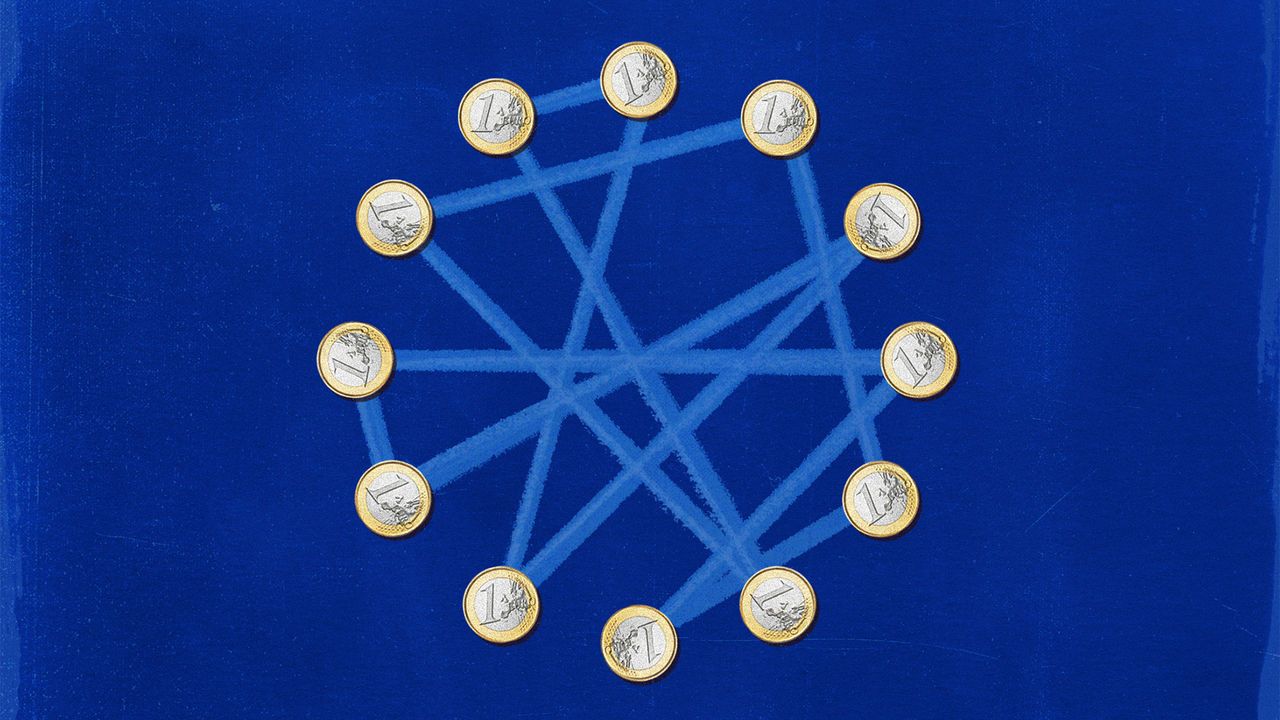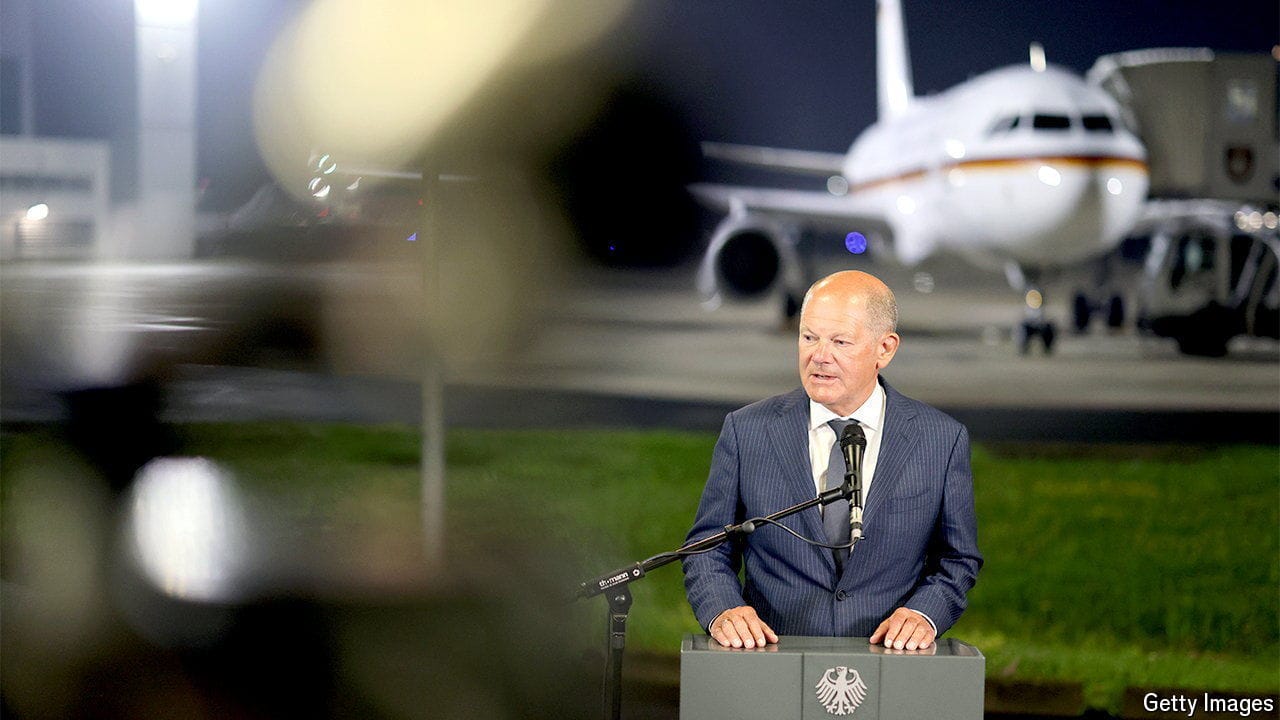The EU’s covid-19 recovery fund has worked, but not as intended
The fund should pave the way for more collective European spending

FEBRUARY 19TH will mark three years since the European Union’s recovery fund came into force. Known in Brussels jargon as NextGenerationEU (NGEU), this multi-year budget worth €832bn ($897bn, or 5.2% of the bloc’s GDP in 2022) is funded by EU debt, previously a rare commodity. It is the main political innovation to emerge from the pandemic in Europe. Some called it Europe’s Hamiltonian moment, invoking Alexander Hamilton, America’s first treasury secretary, who masterminded the fiscal federalisation of the United States. But the EU is some way from a fiscal federation. Northern finance ministers insist that the recovery fund was a one-off. And the extent of its success is still unclear.
This article appeared in the Europe section of the print edition under the headline “How to spend it”
Europe February 17th 2024
More from Europe

Russia’s bloody summer offensive is hurting Ukraine
Kremlin troops are making gains in the Donbas region

How much of a difference will Ukraine’s new F-16s make?
Too few to beat Russia’s air force, but a strong symbolic start

Some Germans think the hostage exchange with Russia was a dirty deal
But preserving good relations with America was more important
The deal that freed Evan Gershkovich was more than a prisoner swap
It freed Russian prisoners of conscience as well as Westerners taken hostage by Vladimir Putin
The Olympics are teaching the French to cheer again
France’s politics is a mess, but the games are glorious
Humiliated by Azerbaijan, Armenia tacks towards the West
Courting the EU and America without alienating Russia is a difficult trick
